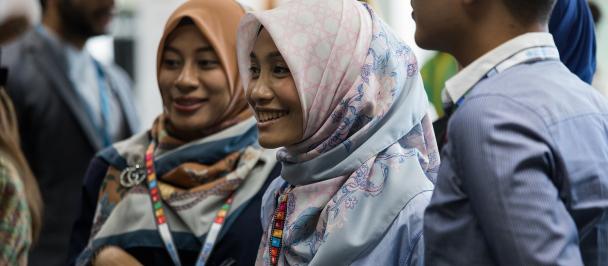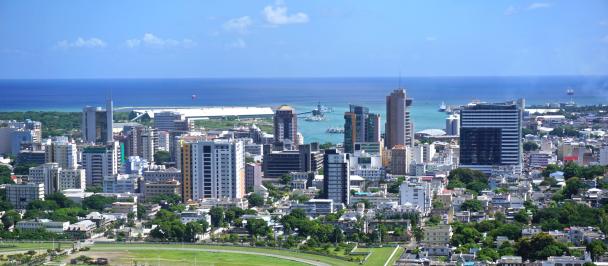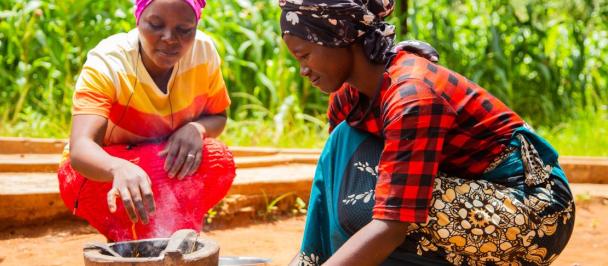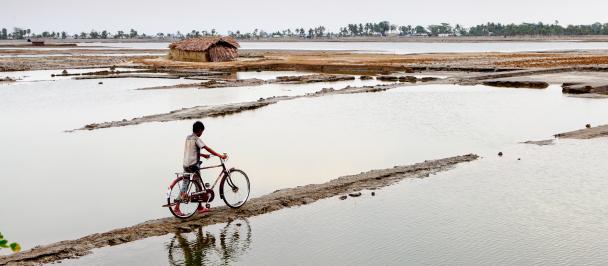Bringing everyone on board: Building a sustainable financial architecture
February 27, 2024
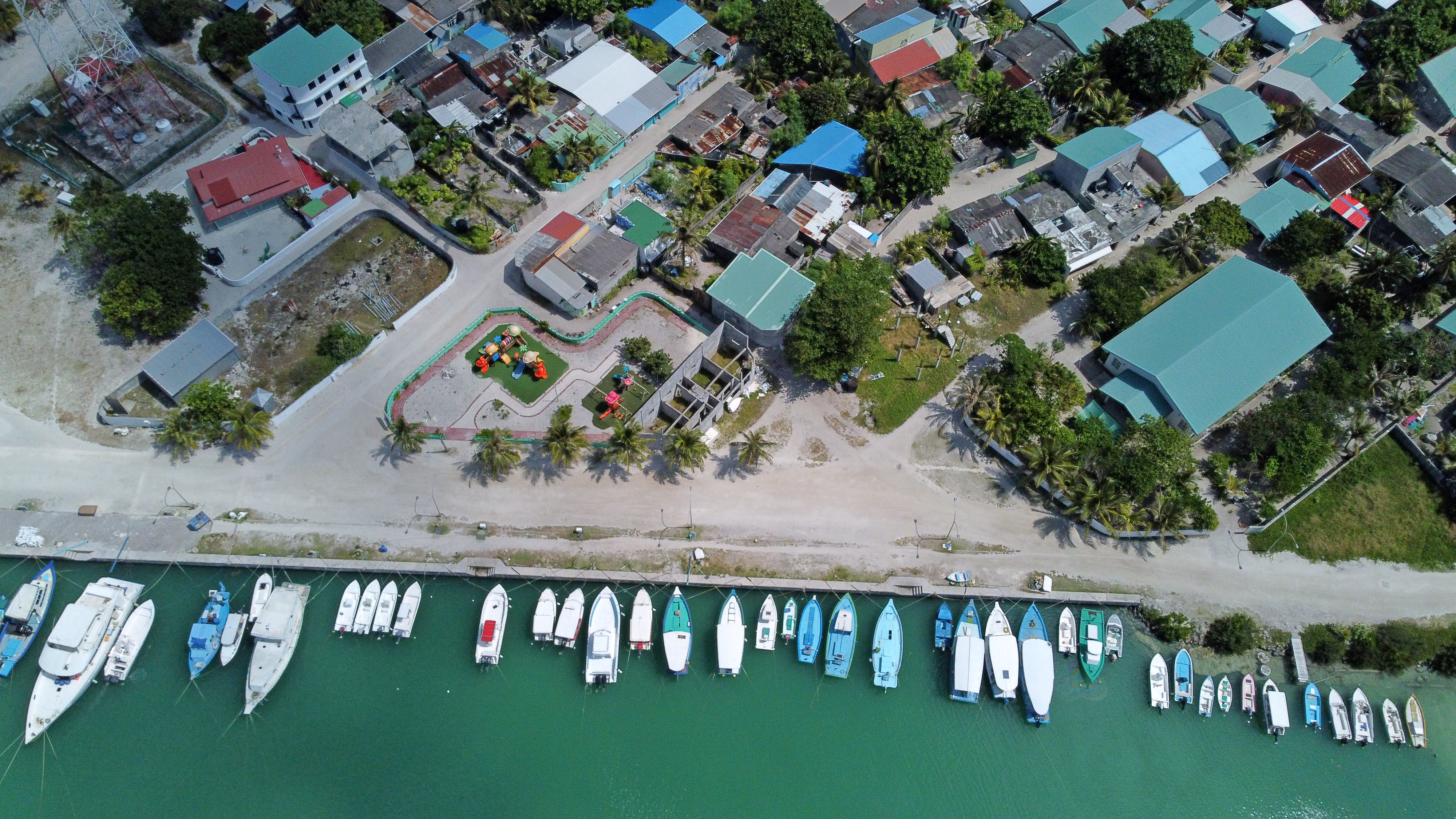
A country highly impacted by climate change, Maldives is prioritizing market reforms to unlock additional resources for a resilient economy.
The challenges confronting us are well known – climate change, food and economic insecurity, deepening inequalities, conflict and unsustainable debt. Cracks are showing in the global financial system, with its focus on short-term profit at the expense of long-term sustainable growth. And with only six years to go until 2030, progress towards the SDGs is significantly off track.
In 2015, the Addis Ababa Action Agenda committed governments to, “take measures to improve and enhance global economic governance and to arrive at a stronger, more coherent and more inclusive and representative international architecture for sustainable development”. However, progress has been slow on aligning global financing flows and policies with the 2030 Agenda for Sustainable Development.
Country-level action: Integrated National Financing Frameworks
Part of the commitments made in the Addis Ababa Action Agenda included the development of nationally owned sustainable development strategies, supported by Integrated National Financing Frameworks (INFFs). INFFs enable countries to strengthen financial planning and devise strategies to mobilize all sources of public and private finance for delivering on their sustainable development objectives.
UNDP has a unique role in supporting countries in developing and implementing INFFs by bridging the divide between financial and development actors, governments and businesses – towards the mobilization of stable long-term financing for the SDGs.
In Maldives – an economy inordinately impacted by climate change – the Government’s financing strategy prioritizes market reforms to unlock additional resources for a resilient economy. In March 2023, Maldives became the first Small Island Developing State to formally endorse a national financing strategy using the INFF approach.
And through Mongolia's INFF, more than US$3 billion in capital is being aligned to the SDGs through new sustainability reporting disclosure requirements. UNDP is proud to have advised these governments on the development of their INFFs.
"This is a rallying call for stronger multilateral cooperation, without which we will never bridge the financing gap for a peaceful and prosperous future."
A crucial moment
At the 2023 UN High-Level Political Forum, it was noted that a new financial architecture requires a redefinition of returns to move beyond short-term capital generation, and a reimagining of public-sector policies to focus public resources on sustainable outcomes. In the coming years, we need to see an acceleration in the construction of the new financial architecture. The next Finance for Development Conference, to be hosted by Spain in 2025, provides an opportunity to build the needed momentum.
The path forward
UNDP has set an ambitious goal to work with public- and private-sector actors in order to promote the investment of over US$1 trillion in the SDGs. This is a rallying call for stronger multilateral cooperation, without which we will never bridge the financing gap for a peaceful and prosperous future.
This requires development institutions and finance institutions to come together as part of a sustainable finance architecture where every financial decision is based upon both financial and development returns. We need to work together through finance and development forums such as the United Nations and G20 towards a common agenda.
As we move on in 2024, let’s not miss opportunities to make this happen, including in the upcoming Summit of the Future.
To build a sustainable financial system, we need not abandon profitability. But the challenges created by our current system have brought us near a tipping point. This moment in history is a unique opportunity for development and financial actors, governments, businesses and civil society to come together and create a global financial system that leaves no one behind.

 Locations
Locations
